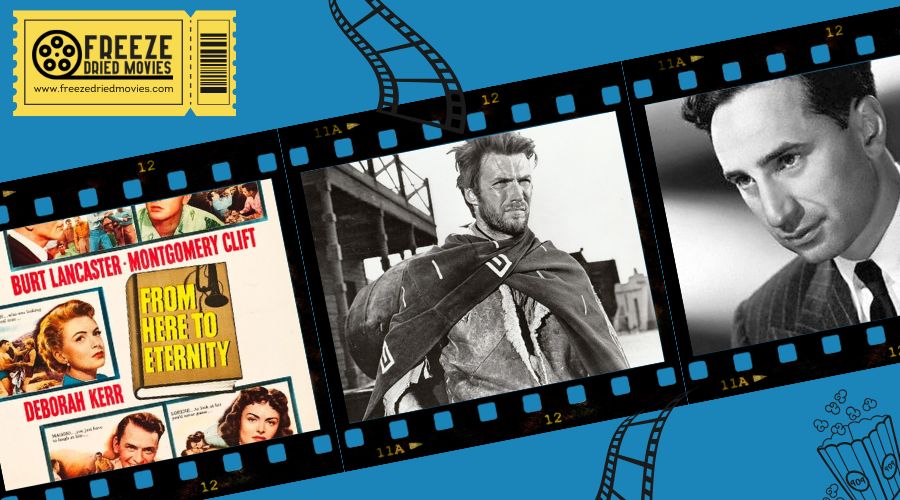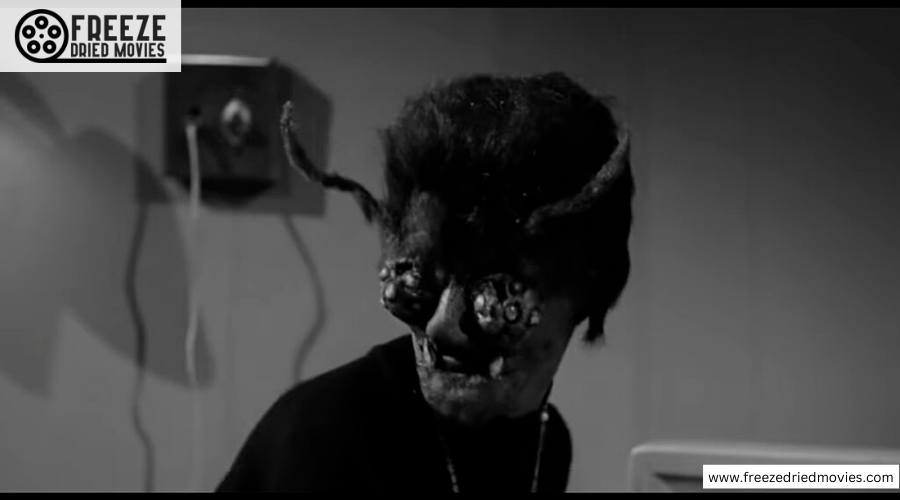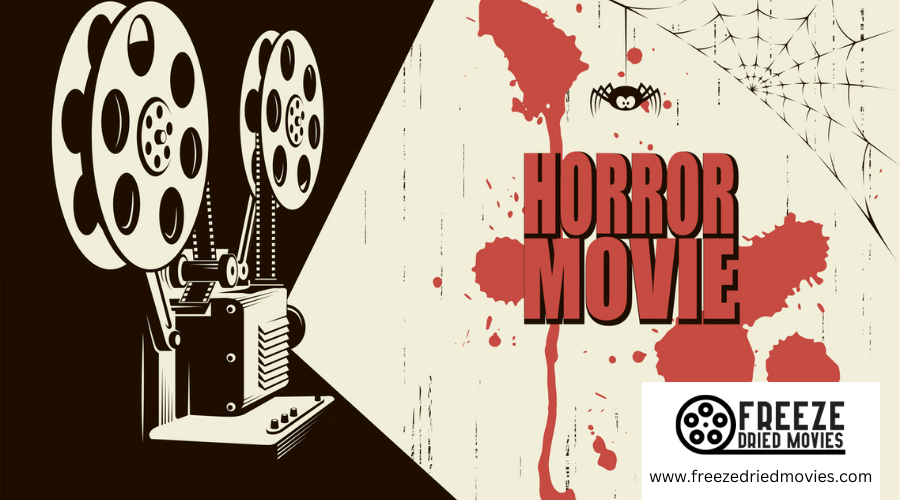Oscar-Winning War Movies: A Comprehensive Review
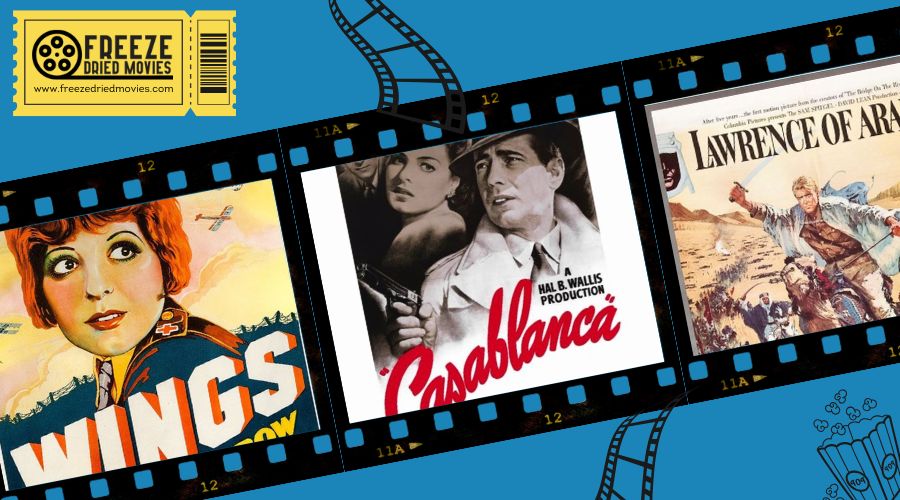
You'll find Oscar-winning war movies deliver a powerful mix of historical authenticity and emotional resonance. Films like Schindler's List and Saving Private Ryan excel in portraying the complexities of heroism and brutality. Directors like Steven Spielberg and Kathryn Bigelow use groundbreaking techniques and stellar performances from actors like Tom Hanks and Liam Neeson to capture intense personal and moral conflicts.
These films not only portray war's chaos but also provide a platform for discussing ethical leadership and societal attitudes. Continue exploring to uncover how these cinematic masterpieces shape cultural and historical conversations.
Historical Context of War Films
War films have long captured the imagination and attention of audiences, reflecting both the brutality and heroism of conflict. As you investigate the historical context of these films, you'll notice they don't just recount battles; they probe into the emotional complexities and societal attitudes surrounding war. From Wings in 1927, the initial Best Picture winner, to more recent masterpieces like Saving Private Ryan and Schindler's List, war films have consistently been recognized for their ability to engage with and critique the human experience during conflict. 1940s war films are considered especially patriotic due to their role in unifying and inspiring the nation during World War II, emphasizing themes of national unity and collective responsibility.
When you watch Saving Private Ryan, you're thrust into the visceral chaos of World War II, highlighting the psychological impacts on soldiers and the moral dilemmas they face. Likewise, Schindler's List presents a poignant narrative of heroism amid the Holocaust, forcing you to confront the harrowing realities of war and its devastating effects on humanity.
These films, along with others like Platoon and The Hurt Locker, offer a window into how societal attitudes towards conflict have evolved, often serving as critiques of military experiences. By analyzing these films, you gain insight into the timeless and profound impact of war on individuals and society.
Iconic Performances
While exploring the historical context of war films, you'll notice that iconic performances are often what bring these narratives to life, providing depth and emotional resonance. In "Oscar-Winning War Movies: A Thorough Review," George C. Scott's role in Patton stands out for its depth and complexity, even as he famously declined the Oscar. His portrayal helped cement the film's legendary status. Likewise, Tom Hanks in Saving Private Ryan delivered a enthralling performance that contributed considerably to the film's five Academy Awards. Hanks' role as Captain Miller is a reflection of his skill in embodying the harrowing realities of war.
Liam Neeson in Schindler's List offered a powerful portrayal of Oskar Schindler, earning him an Academy Award nomination. His performance captures the moral complexities inherent in such a historical narrative. Marlon Brando's unforgettable role in Apocalypse Now remains one of cinema's most memorable, despite any off-screen controversies, and earned him an Oscar nomination. Meanwhile, Matthew Modine in Full Metal Jacket effectively highlighted the psychological toll of war, showcasing his range as an actor. These performances are crucial in defining the emotional core of these Oscar-winning war movies, leaving a lasting impact on audiences. The influence of "Psycho" on the horror and suspense genres during the 1950s marked a significant shift in cinematic storytelling, impacting how films approach psychological complexity.
Cinematic Techniques
Cinematic techniques in Oscar-winning war films play a vital role in engaging viewers into the visceral realities of conflict. By employing groundbreaking cinematography techniques, such as the continuous shot filming seen in 1917, filmmakers create an engaging experience that pulls you into the heart of the action. This method improves the urgency and realism of the narrative, making you feel as though you're right there with the characters.
Directors like Steven Spielberg masterfully use realistic battle sequences and visceral sound design in films like Saving Private Ryan. This approach conveys the chaos and brutality of war, allowing you to experience the intensity of combat firsthand. Meanwhile, dramatic music, as used in Schindler's List, heightens the emotional impact and guides your response to significant moments and character developments.
Visual storytelling is also essential in illustrating character development, as demonstrated in Full Metal Jacket. Here, the transformation of characters is depicted through their actions and interactions. Films such as The Thin Red Line employ philosophical narration and contemplative visuals to explore themes of nature, humanity, and the psychological effects of war. This offers a profound contrast to traditional war narratives, enriching your understanding of the complexities of conflict. The impact of WWII on Hollywood also influenced the production and themes of these films, as the era's cinematic excellence set new standards and resonated through future generations of filmmakers.
View this post on Instagram
Oscar-winning war movies wield substantial cultural and social influence, shaping how societies perceive and understand conflict. By reflecting societal attitudes toward war, films like Schindler's List and Saving Private Ryan offer profound insights into historical events, encouraging you to reconsider the past and its impact on the present. These films, often awarded Best Picture at the Academy Awards, underscore their cultural significance by resonating with audiences on deep emotional levels. Movies such as The Hurt Locker and Full Metal Jacket explore the psychological impact of warfare, highlighting the mental health challenges faced by soldiers. By bringing these issues to light, they foster significant discussions about the aftermath of combat, influencing how you view and support veterans. This portrayal of the human side of war adds layers of depth to your understanding of conflict. Moreover, films like Dances With Wolves and Gladiator introduce varied narratives, offering perspectives from different cultures and historical contexts. These narratives serve as educational tools, providing you with a broader view of diverse societies and their histories. By engaging with these films, you not only learn about specific conflicts but also gain a richer understanding of the world, enhancing cultural discourse. Similar to the clear distinctions between good and evil found in 1940s Westerns, these war movies often depict moral binaries, allowing audiences to engage with ethical dilemmas presented in historical contexts. War films have a distinguished history at the Academy Awards, with 16 earning the coveted Best Picture title, highlighting their critical acclaim and popularity. These films not only depict gripping narratives but also resonate deeply with audiences and critics alike. "Schindler's List" and "Saving Private Ryan" are prime examples of Oscar-winning war films that captured both the harrowing realities of war and the human spirit. The former swept the Oscars with seven wins, while the latter garnered five. "The Hurt Locker" broke barriers when Kathryn Bigelow became the initial female director to win Best Picture. Its six Oscar wins underscore its significance and the evolving landscape of war films. Similarly iconic, "Casablanca" remains timeless, achieving Best Picture and a perfect Metascore of 100, reminding us of the enduring power of storytelling. Psychological suspense became an integral part of post-WWII horror films, reflecting real-world anxieties and uncertainties that also resonate in war narratives. These films evoke a range of emotions: These Oscar-winning films continue to shape and define cinematic excellence. While these Oscar-winning films captivate audiences with their narratives, they also offer profound insights into leadership during conflict. In Patton, George C. Scott delivers a powerhouse performance, revealing the intricate layers of General George S. Patton's leadership. His military genius shines, but his controversial personality raises questions about the balance between effective command and moral responsibility. Saving Private Ryan brings another perspective through Captain Miller, played by Tom Hanks. Here, leadership is about sacrifice and the heavy burdens that come with making life-and-death decisions. Miller's expedition highlights the psychological complexities inherent in wartime leadership, where every choice carries significant weight. In The Hurt Locker, Sergeant William James faces the terrifying realities of disarming bombs, presenting a unique form of leadership defined by the psychological intricacies of command under extreme pressure. This film underscores how different environments demand different leadership styles. Schindler's List takes you on an odyssey through Oskar Schindler's transformation from a self-serving businessman into a leader driven by moral responsibility, risking everything to save lives during the Holocaust. Meanwhile, Full Metal Jacket exposes the harsh, dehumanizing aspects of military training under Gunnery Sergeant Hartman, illustrating another facet of military leadership. Bette Davis' roles in the 1940s redefined traditional views on femininity, presenting assertive characters that confronted patriarchal authority and societal expectations. Vision and mastery converge in the works of influential directors who've redefined war cinema. Steven Spielberg's films, such as Saving Private Ryan and Schindler's List, have set a benchmark for emotional depth and historical accuracy, securing multiple Academy Awards. Spielberg's ability to evoke raw emotion while maintaining fidelity to history leaves an indelible mark on viewers, making his work unforgettable. Kathryn Bigelow shattered glass ceilings with The Hurt Locker, capturing the psychological toll of war on soldiers. Her historic win as the initial woman to receive the Academy Award for Best Picture and Best Director underscores her groundbreaking impact on war cinema. David Lean, the mastermind behind The Bridge on the River Kwai and Lawrence of Arabia, excelled in epic storytelling. His films, lauded for their grand cinematography and complex characters, have earned multiple Oscars, setting a high standard for war epics. Lean's innovative lighting techniques and camera angles contributed significantly to the emotional impact of his films, immersing audiences in the narrative. Directors like Oliver Stone with Platoon and Francis Ford Coppola with Apocalypse Now explore the moral ambiguities and madness of war, earning critical acclaim and Academy Awards for their daring narratives.Emotional Storytelling
Cultural and Social Impact
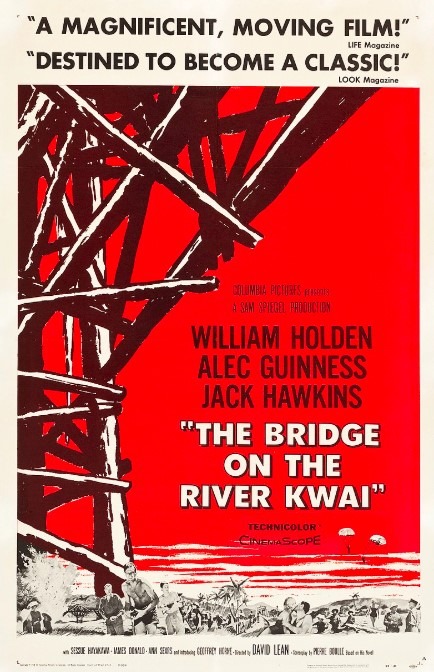
Noteworthy Oscar Wins

Depictions of Leadership
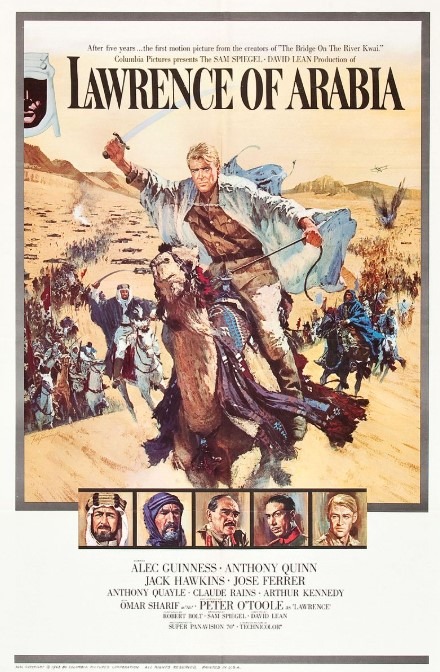
Influential Directors

